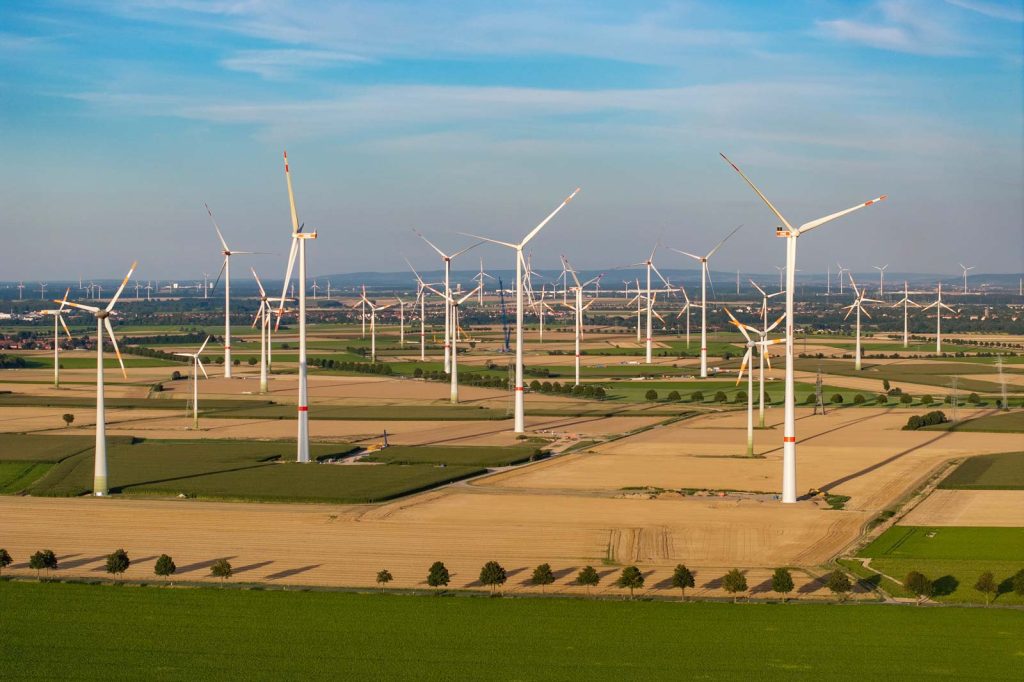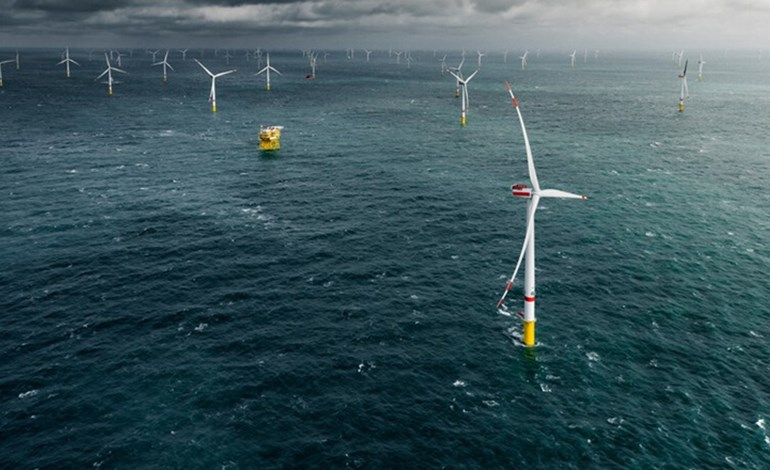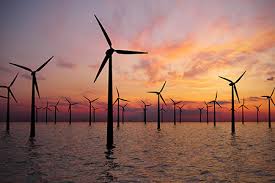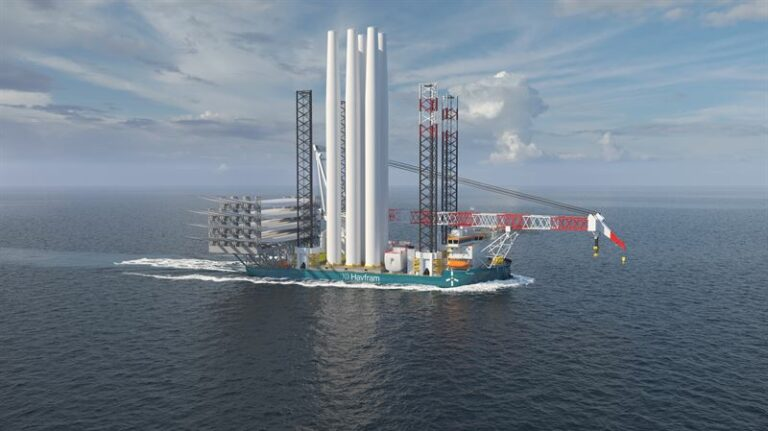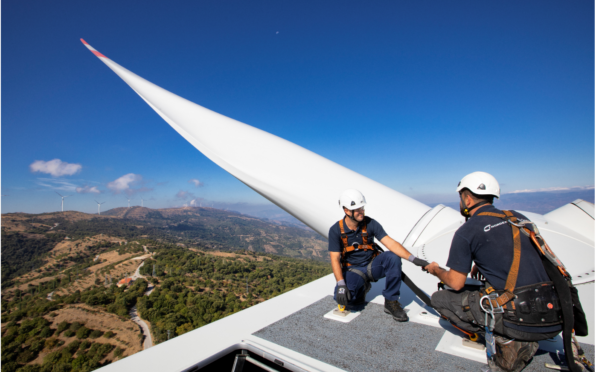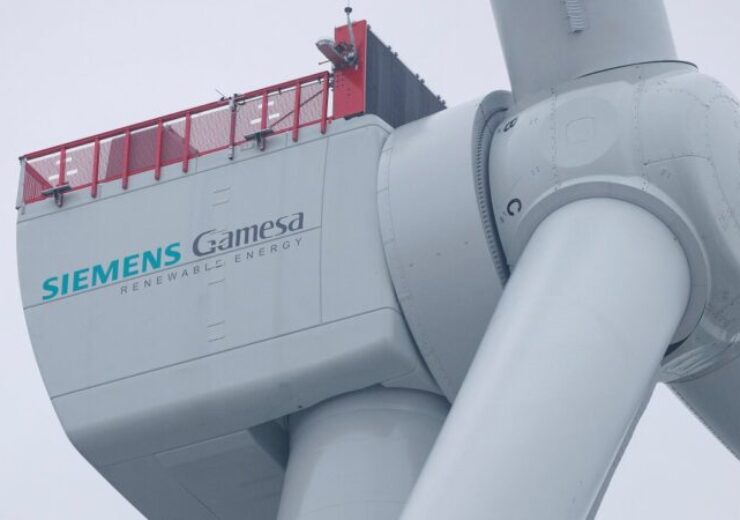
Scientists from Trinity College Dublin are using new tech to find the “holy grails” of catalysis.
Trinity College Dublin (TCD) scientists are conducting AI hydrogen catalyst research using supercomputers to find the perfect cost effective and durable catalyst needed to produce green hydrogen fuel on a viable and commercial scale.
It is expensive to commercialize current efficient catalysts.
One of the major challenges of commercializing hydrogen fuel is finding an inexpensive catalyst that can efficiently break a part water and withstand the harsh environment of a fuel cell, which is needed to convert hydrogen into energy.
Currently, platinum is the best catalyst, but it is a rare and precious metal, making it very expensive. Additionally, other elements that are effective at splitting water, such as Iridium and Ruthenium, are far too costly to ever be commercialized. While scientists have found cheaper options, these catalysts tend to be less robust and efficient.
Presently, no one has yet to find catalysts that are robust over the long term, are highly active and are inexpensive. The TCD scientists are seeking to change this with their AI hydrogen catalyst research.
The AI hydrogen catalyst research combines chemistry intelligence with powerful computers.
A group of chemists and theoretical physicists decided to bring together chemistry intelligence with super computers to find the “green bullet” catalyst.
After the team of scientists led by Professor Max García-Melchor, discovered that science had long been underestimating the activity of some of the Earth’s more reactive catalysts, they were able to refine a long-accepted theoretical model that has been utilized to predict the efficiency of water splitting catalysts. In so doing, the researchers have simplified the search for the sought after “holy grail” catalyst.
Now, the team intends to use artificial intelligence (AI) to find the catalysis that will yield the greatest promise. This will be done by putting a large number of earth-abundant metals and ligands in a melting pot. The ligands glue the metals together to produce the catalysts. From there, they will assess which of the combinations will be the most promising of the near-infinite combinations that can be tested.
“This research is hugely exciting for a number of reasons and it would be incredible to play a role in making the world a more sustainable place,” García-Melchor said.
He added that the AI hydrogen catalyst research shows what can result when researchers from different fields come together and combine their expertise in an effort to solve a problem that effects everyone.

